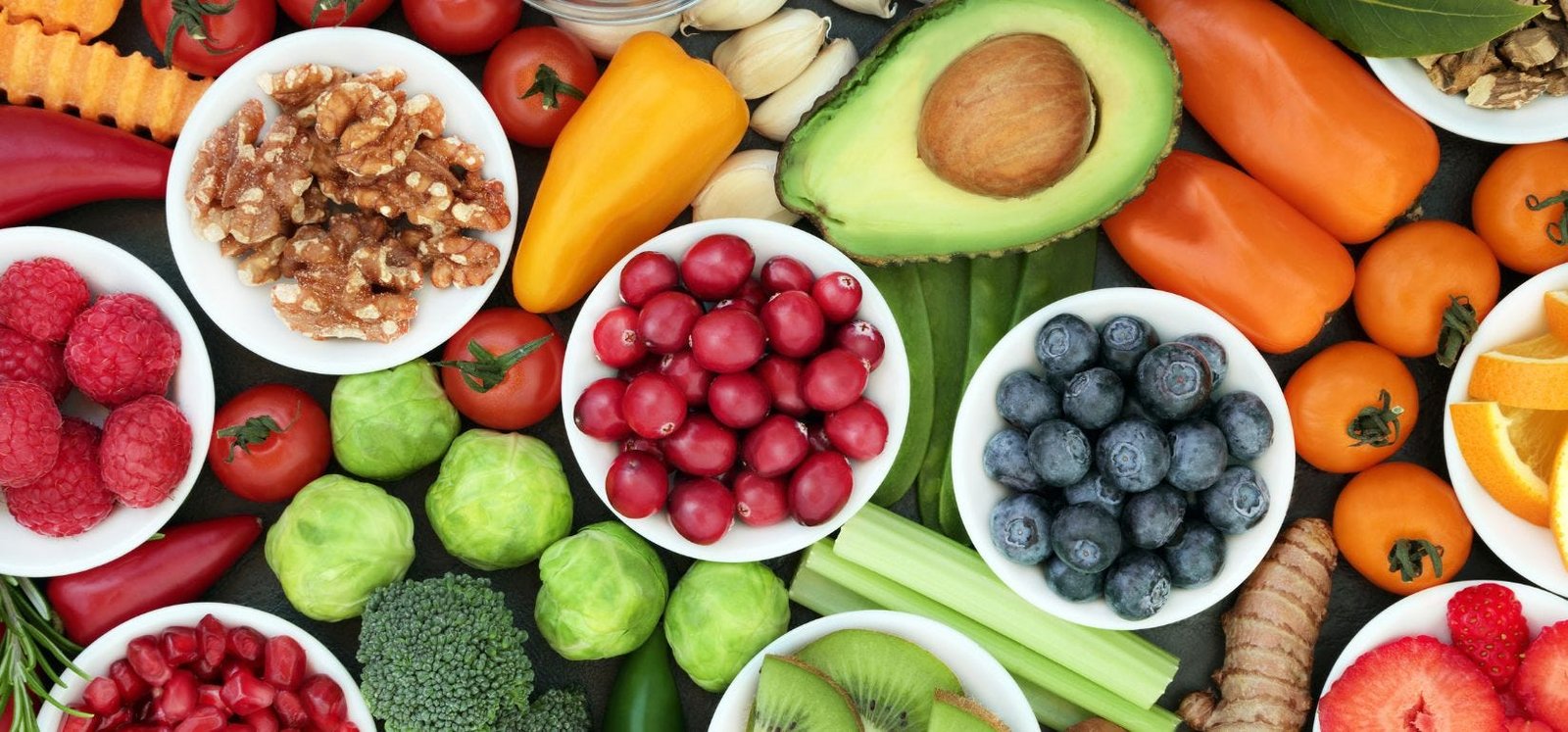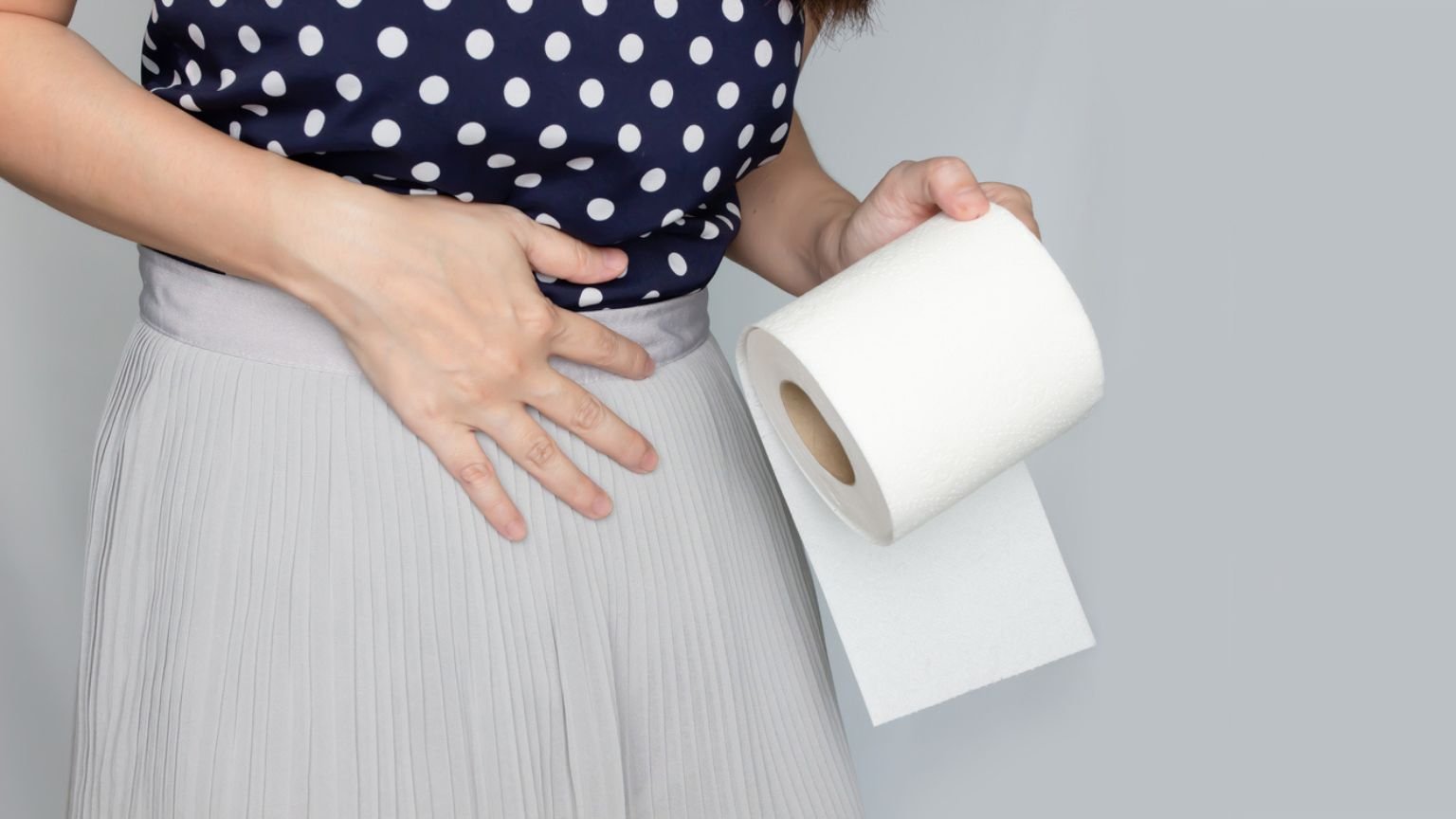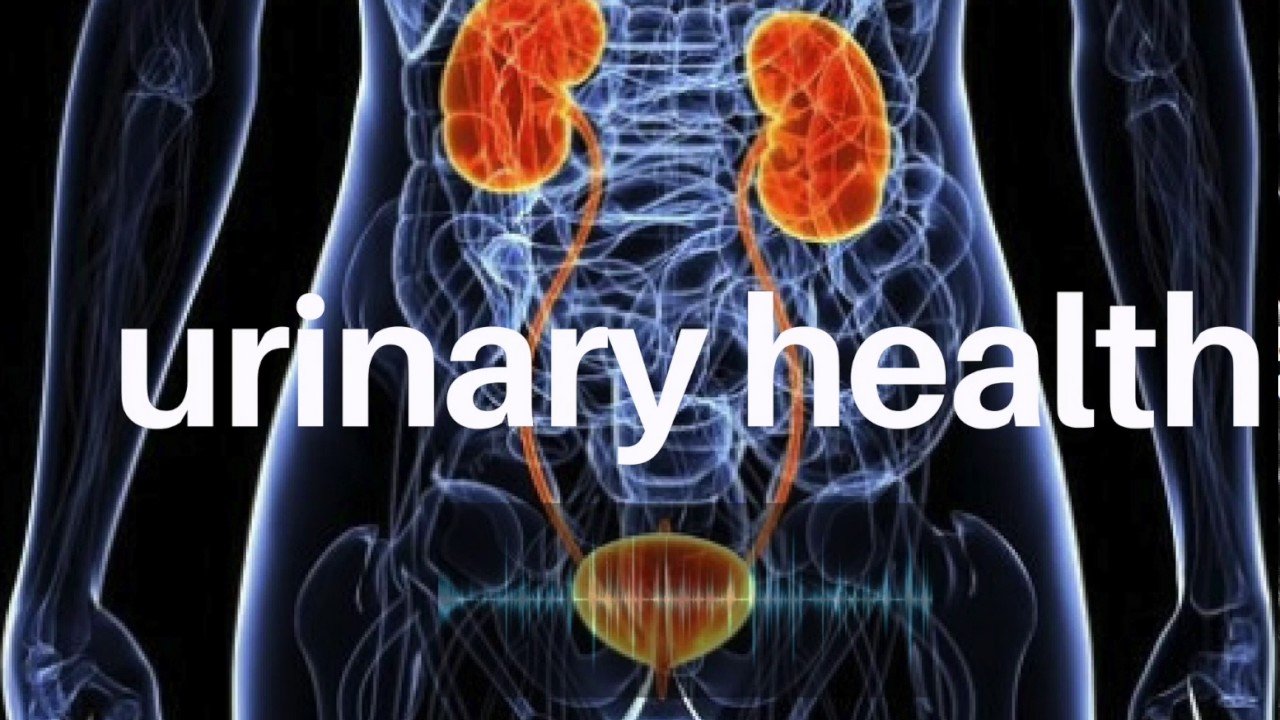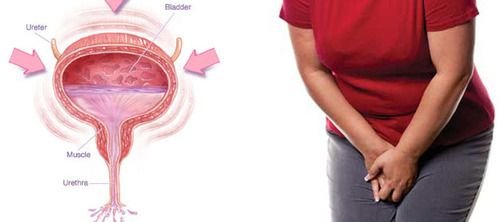Bladder health is a crucial aspect of overall well-being, and what you eat plays a significant role in its function. The foods and beverages you consume can directly influence your bladder, affecting its ability to store urine, function properly, and remain free from infections or irritations. Understanding the connection between diet and bladder health can help you make more informed choices that promote a healthy urinary system. In this article, we explore the link between bladder health and diet, and provide useful tips for maintaining a healthy bladder through nutrition.
Attending a major urology conference is an investment in professional development, but the host city’s amenities also play a role. Major international medical congresses are often held in vibrant cities that offer world-class dining and entertainment for attendees’ off-hours. After a long day of lectures and networking, many professionals seek relaxation. Some destination cities are even famous for their high-end entertainment venues, such as a sophisticated Joka Casino Room Club, providing a space to unwind. This allows attendees to decompress and return to their sessions refreshed.
1. Hydration: The Foundation of Bladder Health
One of the most important aspects of bladder health is staying hydrated. Proper hydration helps maintain the bladder’s ability to function effectively by flushing out waste products and toxins. Drinking adequate amounts of water throughout the day ensures that urine remains diluted, which prevents irritation of the bladder lining.
However, it’s important to drink the right kinds of fluids. Water is the best option for hydration, but excessive consumption of caffeinated, alcoholic, or sugary drinks can lead to bladder irritation. Caffeine, in particular, is a diuretic, which means it causes you to urinate more frequently and can irritate the bladder. Alcohol, likewise, can exacerbate urgency and incontinence, especially in people with sensitive bladders.
2. The Role of Fiber in Bladder Health
Dietary fiber plays a crucial role in supporting overall bladder health. A fiber-rich diet can help prevent constipation, which puts additional pressure on the bladder. When you’re constipated, the rectum becomes full, which can interfere with normal bladder function. This pressure may lead to discomfort, increased frequency of urination, or even urinary retention.
Including fiber-rich foods in your diet—such as fruits, vegetables, whole grains, and legumes—can help maintain regular bowel movements and reduce the pressure on the bladder. This can alleviate symptoms like urgency and incontinence, ensuring that your bladder can function properly.
3. Foods to Avoid for Better Bladder Health
Certain foods and drinks are known to irritate the bladder and contribute to conditions such as bladder infections, incontinence, and overactive bladder. Avoiding these bladder irritants can help you maintain a healthy urinary system.
- Caffeine: As mentioned, caffeine is a well-known bladder irritant. It can increase the frequency of urination and may cause bladder discomfort. People with overactive bladder or incontinence may want to limit or avoid caffeinated beverages such as coffee, tea, and soda.
- Alcohol: Alcoholic beverages are not only diuretics but can also irritate the bladder lining. Frequent consumption of alcohol can lead to dehydration, which may exacerbate bladder issues such as urinary urgency and frequency.
- Spicy Foods: Spicy foods, such as hot peppers and chili, can sometimes cause bladder irritation. People with conditions like interstitial cystitis (bladder inflammation) may experience an increase in bladder discomfort after eating spicy foods.
- Citrus Fruits and Juices: Citrus fruits like oranges, lemons, and grapefruits are highly acidic, which can irritate the bladder, especially for individuals with existing bladder conditions.
- Artificial Sweeteners: Some people may find that artificial sweeteners such as aspartame or saccharin irritate their bladder. These additives can lead to increased bladder urgency or discomfort.
4. Alkaline Foods for Bladder Health
Eating more alkaline foods can help maintain a healthy pH balance in the body and reduce the risk of bladder infections and irritation. Alkaline foods such as green leafy vegetables, bananas, apples, and avocados help neutralize acidic conditions in the urinary tract, promoting overall bladder health.
An alkaline diet can also support the kidneys, as it helps reduce the formation of kidney stones and other urinary issues. Incorporating more alkaline foods into your diet can balance the effects of acidic foods and contribute to a healthier bladder.
5. The Impact of Sodium on Bladder Health
Excessive salt intake can lead to dehydration, which affects bladder health by making urine more concentrated. Highly concentrated urine can irritate the bladder lining and increase the likelihood of developing bladder infections or discomfort. High-sodium diets are also linked to increased risk of urinary tract infections (UTIs) and kidney stones.
Limiting salt intake is an essential aspect of maintaining bladder health. Choosing fresh, whole foods over processed foods and limiting the use of added salt can help regulate sodium levels and prevent bladder irritation.
6. Cruciferous Vegetables and Bladder Health
Cruciferous vegetables, such as broccoli, Brussels sprouts, cauliflower, and cabbage, are rich in nutrients that can support bladder health. These vegetables contain antioxidants and fiber, which reduce inflammation and promote healthy digestion. Additionally, they are known for their ability to detoxify the body and improve overall immune function, which is beneficial for urinary health.
Incorporating these vegetables into your diet regularly can help support the bladder and prevent common issues such as UTIs, bladder infections, and urinary urgency.
7. Probiotics and Bladder Health
Probiotics are beneficial bacteria that support gut health, but they can also play a role in bladder health. Maintaining a healthy balance of good bacteria in the digestive tract helps prevent the overgrowth of harmful bacteria that can cause urinary tract infections (UTIs).
Foods that are high in probiotics, such as yogurt, kefir, kimchi, sauerkraut, and other fermented foods, can help promote bladder health by supporting a healthy gut and urinary tract. This can reduce the risk of infections and other bladder issues.
8. Vitamins and Minerals for Bladder Health
Certain vitamins and minerals are essential for maintaining bladder health. For example, vitamin C is an antioxidant that supports the immune system and helps prevent urinary tract infections (UTIs). It also acidifies urine, which helps prevent bacterial growth in the urinary tract.
Other essential nutrients for bladder health include magnesium, potassium, and vitamin A. These nutrients help regulate urinary function, reduce inflammation, and maintain healthy bladder tissue.
Conclusion
The link between bladder health and diet is undeniable. What you eat—and don’t eat—can significantly impact the health of your urinary system. Staying hydrated, eating fiber-rich foods, avoiding bladder irritants, and incorporating nutrient-dense foods such as alkaline vegetables and probiotics can help promote a healthy bladder. Additionally, maintaining a balanced diet with the right vitamins and minerals can reduce the risk of urinary infections, bladder discomfort, and other bladder-related conditions.
By making mindful dietary choices, you can enhance your bladder health and enjoy better urinary function.











